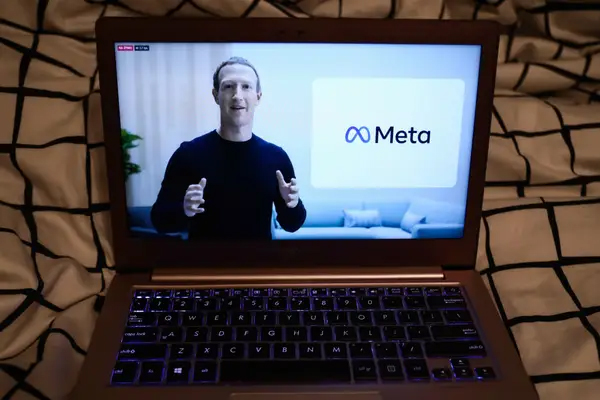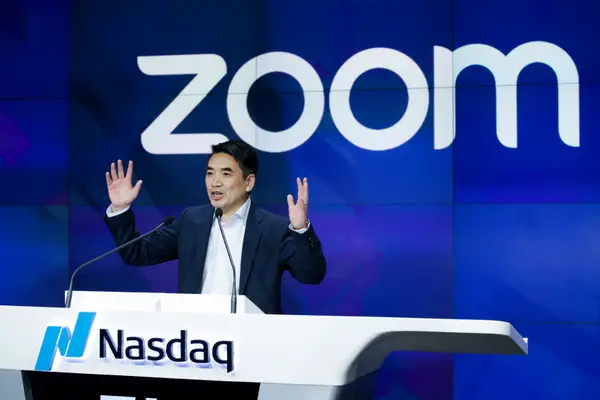
[businessinsider.com – 2023.08.28] After more than three years of flexible-work policies, many white-collar employees see working from home as the status quo.
Bosses, it turns out, no longer agree.
Many of the CEOs who vocally praised and encouraged remote work as a way to avoid total cessation of business during the pandemic have changed their tune.
Through August, firms such as Meta and Goldman Sachs have issued strict return-to-office mandates with threats to track performance or even terminate employees who don’t turn up in the office often enough.
That change threatens to reverse progress in terms of flexible working. Prithwiraj Choudhury, an associate professor at the Harvard Business School who studies remote work, previously told Insider that “when you allow flexibility, it expands your talent pool.”
And those employees themselves increasingly value the opportunity for remote work, with some describing flexible workplaces as equivalent to an 8% raise, The Wall Street Journal reported. In some cases, pressure to return to the office has prompted workers to unionize — or even quit.
Here are some of the CEOs who have most drastically changed their tune on remote work:
Mark Zuckerberg said in 2020 that remote work would boost prosperity across the US

At the start of the pandemic, Zuckerberg was all for working from home.
In his internal weekly town hall in May 2020, two months into the first US lockdowns, he talked effusively about the larger recruitment pool that flexible working created, saying it would “open up a lot of new talent that previously wouldn’t have considered moving to a big city.” Like other major tech firms, Meta hired heavily in the run-up to and during the pandemic.
He anticipated half of Facebook’s staff would work remotely within the next five to 10 years.
Now Meta’s office workers face the ax if they don’t come in

As reported by Insider’s Kali Hays and Hugh Langley, the company laid out an updated and much more stringent return-to-office policy due to start in September. Some employees will be approved for remote work, but coming into work is strictly mandatory for everyone else most of the week. Staff will now be monitored by management to ensure they turn up and could be disciplined or even sacked if they repeatedly fail to comply.
In contrast to Zuckerberg’s pandemic-era support of working-from-home as a productivity driver, he now says that performance data from the company shows that “people who work from home are not efficient and engineers who come to the office get more work done.”
Evan Spiegel loved the chance to spend time with his family in 2020

Evan Spiegel was early to implement a remote-work policy at Snap in March 2020 as COVID-19 started to spread in the US.
Six weeks into the pandemic, Spiegel announced he did not want to return to the office.
“I told our team I’m not coming back,” he told the Journal.
Professing to find joy in sharing a breakfast and dinner table with his family, he said, “The thing that’s been so profound for me, I’m actually a part of our family now.”
But 2 years on, he wants to spend more time with employees

By November 2022, Spiegel had seemingly had enough family time.
An internal memo revealed that Snap had ordered all employees to return to the office four days a week by February 2023.
“I believe that spending more time together in person will help us to achieve our full potential,” Spiegel wrote. “What each of us may sacrifice in terms of our individual convenience, I believe we will reap in terms of our collective success.”
Twitter employees were told they could work from home forever

Under its former CEO Jack Dorsey, Twitter’s employees were offered a utopia where they could work from home permanently, even after pandemic lockdowns ended.
In May 2020, Dorsey replied to a tweet asking if Twitter would allow employees to work at home forever. “There are a small number of roles, like our data center folks, that require on site, but otherwise yes!” he responded.
New CEO, new rules — and no more working from home

That vision of flexible working was to change when Elon Musk acquired Twitter in October 2022.
Musk is known to prefer in-person work, and … True to his word, in his first week, Musk banned remote work in a 2:30 a.m. email to Twitter staff.
He has kept up his hard-line stance. In March, the journalist Zoe Schiffer tweeted that Musk had again sent a 2:30 a.m. email to staff after noting how empty the San Francisco office had been. The “office is not optional,” he reiterated.
Zoom was the poster child for remote work

Besides vaccine developers, Zoom was arguably the company that became the most synonymous with the COVID-19 era, cementing itself as a verb in the English lexicon within weeks of lockdown announcements.
For a while, it seemed that the company would maintain a remote-work policy. Even when offices were beginning to reopen, Zoom announced in January 2022 that less than 2% of its workforce would return to work in the office.
Zoom wants workers back in 2023, symbolizing the death of remote work

In August 2023, the company told its employees to return to the office, saying that anyone living within 50 miles of a Zoom office must work there at least two days a week.
Yuan said remote working made it difficult for employees to get to know each other and build trust. “Trust is a foundation for everything. Without trust, we will be slow,” he said at a company meeting.
In a potentially brand-damaging comment, Yuan also said that Zoom doesn’t enable truly honest conversations and exchanges of ideas. “We cannot debate each other well because everyone tends to be very friendly when you join a Zoom call,” he said.
Marc Benioff criticized return-to-office mandates

Salesforce CEO Marc Benioff was initially outspoken in his support for remote working. In February 2021, Salesforce revealed new guidelines that allowed employees to work remotely full time.
Salesforce said the decision to offer new ways of working was based on employee wellness surveys the company had been sending since the onset of the pandemic. There was no room for doubt in the guidelines: “The 9-to-5 workday is dead.”
Now Salesforce says remote work isn’t as productive

But this year, it seems Benioff is not so sure. Joining the growing list of CEOs who say remote work is not conducive to productivity, Salesforce revised its work-from-anywhere strategy.
In February 2023, internal Slack messages at Salesforce viewed by Insider announced that employees were required to return to the office.
In March, Benioff explained his reasoning. “For our new employees who are coming in, we know empirically that they do better if they’re in the office, meeting people, being onboarded, being trained,” he said in an interview with the podcast “On With Kara Swisher.” “If they are at home and not going through that process, we don’t think they’re as successful.”
Read the original article on businessinsider.com

